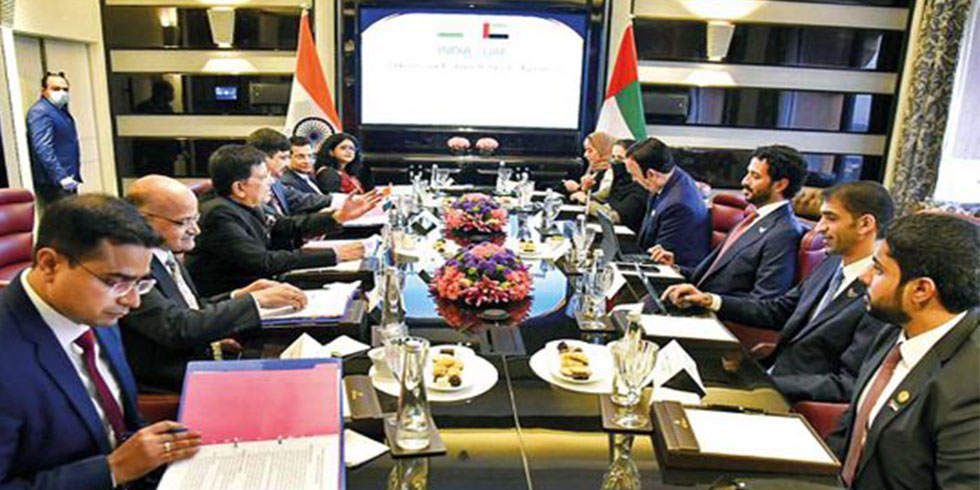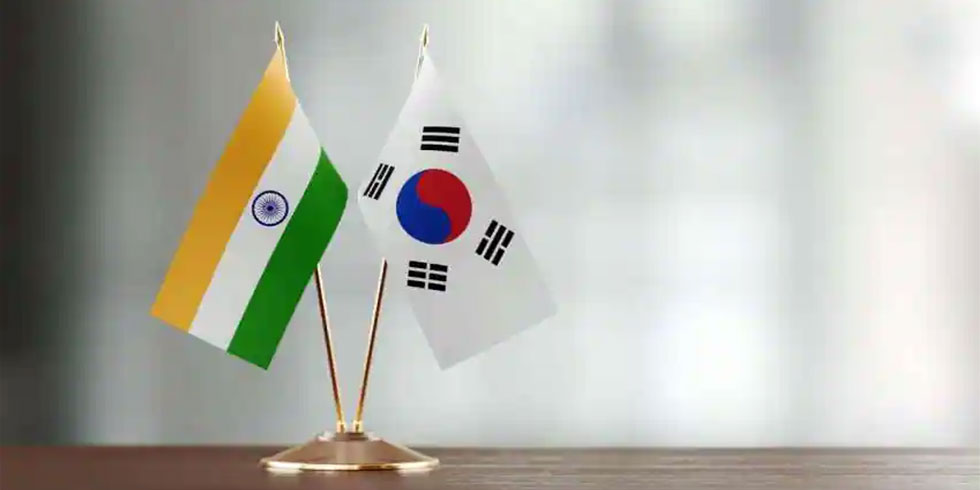Commerce and industry minister Anand Sharma clarified that India's exports gained from the regional and bilateral free trade pacts, responding to the concerns raised about the adverse impact of FTAs on India's trade balance and on the manufacturing sector at the Trade & Economic Relations Committee (TERC) meeting held on Monday.
The TERC, chaired by Prime Minister Manmohan Singh discussed at length about India's trade engagements, specifically India-EU BTIA, SAFTA, RCEP and Africa. Sharma said India has a huge trade surplus of about $12 billion with SAFTA.
"With ASEAN, exports have more than doubled after signing of the Indo-ASEAN Trade in Goods Agreement in 2009, though imports have also grown as is natural in any trade agreement," he was quoted as saying in the commerce department release. Sharma further mentioned that a significant part of India's imports from this region was related to essential imports like edible oils from Malaysia and Indonesia, and petroleum products and coke from Indonesia.
In case these essential imports of more than $16 billion are discounted, India enjoys a trade surplus with ASEAN. Finance minister P Chidambaram is reported to have raised concern over India's rising imports with the FTA partners. He warned against hasty signing of FTAs.
India has signed free trade pact with about 20 countries including Japan, Korea, ASEAN, Sri Lanka and Nepal while it is negotiating market opening pacts with Australia, Canada, New Zealand and the EU.
Planning Commission deputy chairman Montek Singh Ahluwalia, however, reportedly said that India should go for FTAs quite clearly and unambiguously. India has lost out on all goods agreements as its tariffs are higher than the rest, which is why India is negotiating services agreements with various regions and countries. The FTAs have led to revenue losses, which is why the finance ministry has been pushing for a review of the current FTAs signed.
Sharma highlighted that there was an inbuilt mechanism of review in all FTAs which provided an opportunity for mid-course correction, if required. A comprehensive study has been conducted by the department of commerce to assess the impact of FTAs in the Indian context. It was outlined that Indian exports to different regions are crucially dependent on competitiveness, which is guided by other factors such as ushering in the second generation reforms on taxation, rolling out of GST, reform in labour laws, upgradation of infrastructure relating to power, ports and roads, the release said.
High transaction costs and cumbersome procedure on the border at times hamper the ease of doing business in India which need to be addressed to retain India's competitiveness, Sharma pointed out at the meeting.
Source: Economic Times
India's Exports Gained From Free Trade Agreements














Add Comment